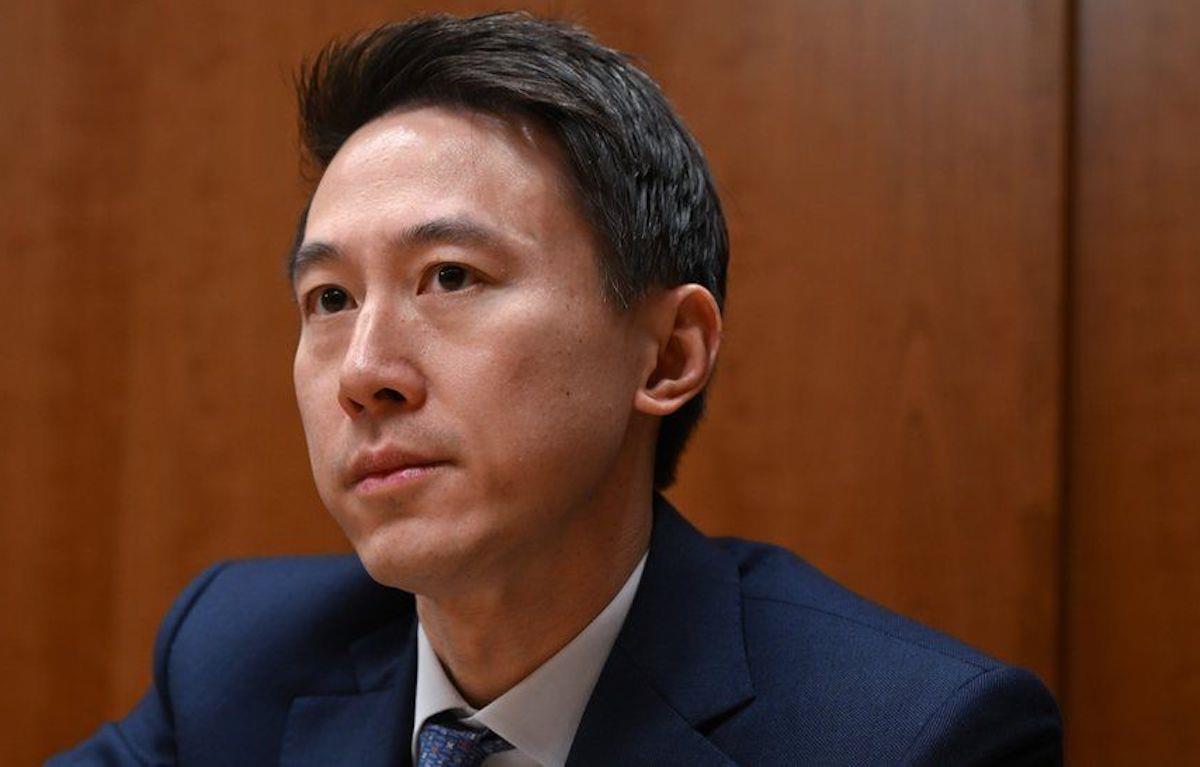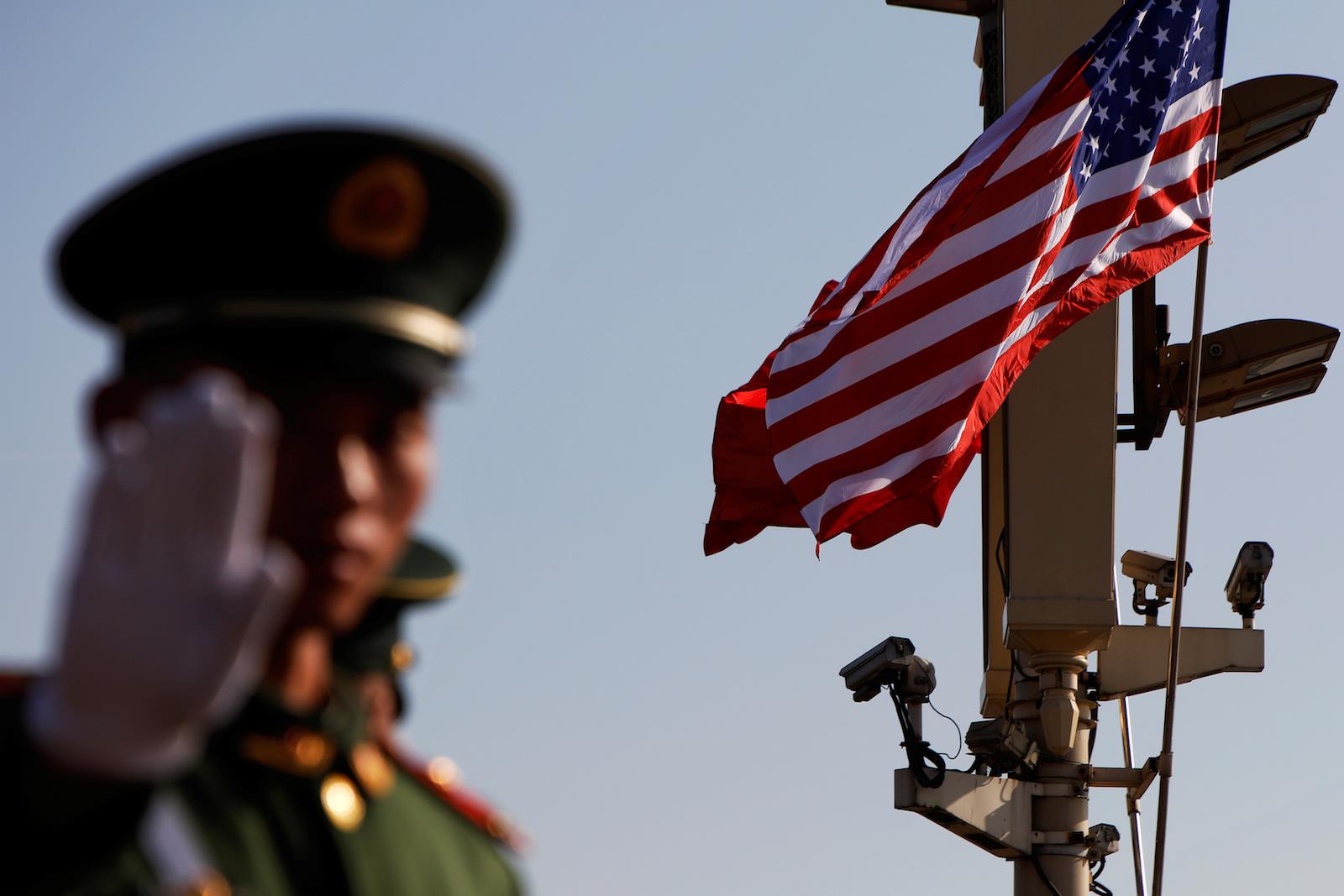(MENAFN- Asia Times) US lawmakers are expected this week to continue their push to ban the country's fastest-growing social media platform, TikTok, after the company's CEO fell short of assuaging concerns about the app's supposed national security risks.
Shou Zi Chew's testimony in Washington last week may have failed to convince critics that Chinese ownership of TikTok was not cause for alarm. But instead of raising public awareness of alleged security risks, lawmakers turned the spotlight on their limited understanding of the subject while turning Chew into an overnight celebrity for his poise under pressure.
Susan Shirk, chair of the University of California San Diego's 21st Century China Center, commented on the optics of the hearing.
“The rudeness of the congresspeople was an embarrassment to American society and political system. It certainly reinforced the growing anti-Americanism in China,” she wrote in an email to Asia Times.
That sentiment was supported by coverage from What's on Weibo, a website that follows trends across Chinese social media platforms.

TikTok CEO Shou Zi Chew has become a social media hero in China. Image: Screengrab / BBC
“Mostly, people admire how he stood up against Congress despite being 'bullied' by American officials and 'defended' China's interests although he is Singaporean himself. Some called him a 'solitary hero,'” wrote Manya Koetse, the website's founder.
“Chew himself has become super popular on Chinese social media [...] where he has become idolized by some ('I won't even compare you with the stars, you're much better than the stars.'),” she noted.
Surveillance Capitalism It also appears the publicity failed to sell the proposed ban to the 150 million Tiktok users in the United States.
In one highlight from the hearing, shared widely on TikTok and Twitter, Chew questioned the security of other firms.
“I don't think the ownership is the issue here. With a lot of respect, American social companies do not have a good track record when it comes to data security and privacy, just look at Facebook and Cambridge Analytica – and that's just one example.”
Justin Hendrix, CEO of Tech Policy Press, elaborated on Chew's point in an editorial posted over the weekend.
“Indeed. TikTok is not a product of Chinese communism, it is a product of American surveillance capitalism. If Congress wants to address the app's underlying harms, it should ban surveillance advertising, not TikTok.”
Commentary online also took lawmakers to task for being uninformed about technology, a criticism that has followed previous hearings to question tech executives.
Representative Richard Hudson (R-NC) took the brunt of that ridicule, after asking,“does TikTok access the home WiFi network?”
Double Standard Supporters of a ban on TikTok are quick to point out that China has effectively shut out US social media companies from operating inside its borders.
Chinese officials say that these platforms could operate inside China if they were willing to abide by relevant laws – which include requirements to strictly censor politically sensitive content on content accessible inside China.

A paramilitary policeman gestures under a pole with security cameras near the Forbidden City on November 8, 2017. Photo: Agencies
Currently, that is the balance that TikTok's parent company ByteDance has struck – a censored sister app called Douyin is available inside of China's“great firewall,” where the version of TikTok used by Americans is blocked.
Professor Shirk of UC San Diego cautions that the approach taken by Congress to respond by taking a belligerent tone with an executive of a private firm is counterproductive to Washington's goals.
“It also robs Chinese leaders of any motivation to moderate their own policies because it convinces them that the US will act in a hostile manner toward them no matter how they behave,” she wrote.
What Happens If TikTok is Banned Criticisms are unlikely to slow Congress's expected move to pass the new legislation needed to block the app.
The Trump administration attempted to ban the app through an executive order, but it was halted by a legal challenge and later dropped by President Joe Biden.
Congress has now proposed legislation that would resolve the legal challenge to a ban.
It's unclear how the public would react to a ban, but India's example suggests it would be a huge win for Meta's Instagram, which attracted TikTok's massive Indian user base after the country banned the app in 2020.
US House Speaker Kevin McCarthy said this week that the chamber“will be moving forward with legislation to protect Americans from the technological tentacles of the Chinese Communist Party.”
Like this:Like Loading...